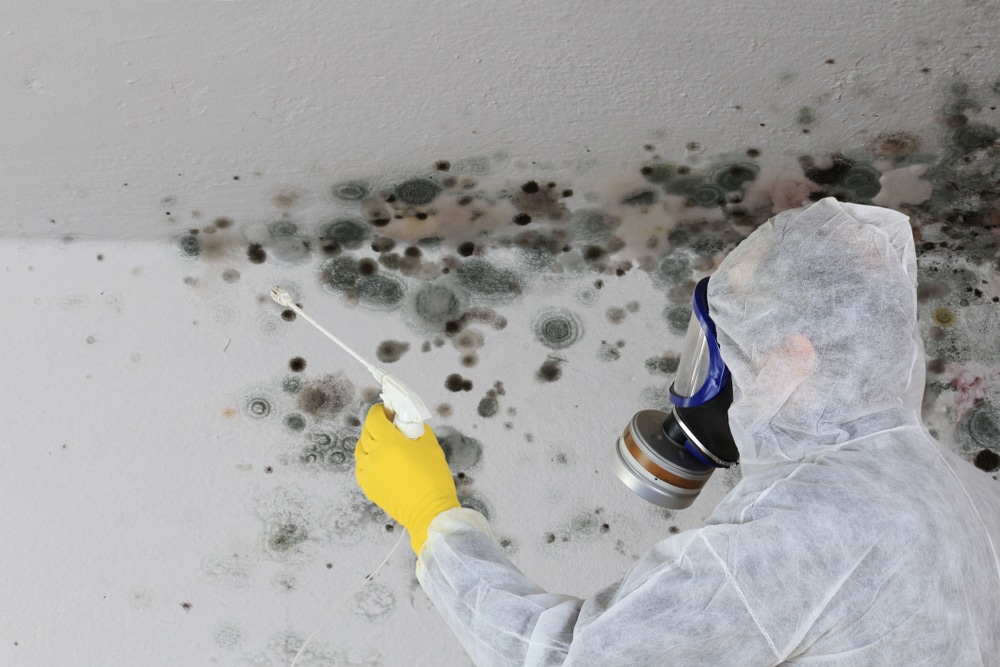Proactive mold remediation is an essential component of ensuring long-term property wellness and safeguarding both the structural integrity of buildings and the health of their occupants. Mold, a type of fungus, thrives in environments with moisture and can rapidly colonize various surfaces within a structure. To mitigate the risks associated with mold growth, property owners and managers must adopt a proactive approach that involves regular inspections, moisture control, and timely remediation efforts. Regular inspections serve as the foundation of proactive mold remediation. Conducting routine assessments allows property owners to identify potential moisture issues, the primary catalyst for mold development, before they escalate. This involves thorough examinations of areas prone to water intrusion, such as basements, crawl spaces, and attics, and routine checks of plumbing systems and hvac units. By detecting and addressing moisture-related problems early on, property owners can prevent the conditions conducive to mold growth.

Controlling moisture is paramount in mold prevention. This involves addressing leaks, improving ventilation, and maintaining appropriate humidity levels. By promptly repairing leaks and addressing water damage, property owners can eliminate the moisture source that sustains mold. Additionally, optimizing ventilation in areas prone to dampness helps reduce humidity, creating an inhospitable environment for mold growth. Dehumidifiers can be strategically placed in moisture-prone spaces to further regulate humidity levels. Implementing these measures ensures that the property remains inhospitable to mold, fostering long-term wellness. Timely remediation is crucial when mold is detected during inspections. Proactive mold remediation involves swift and effective measures to eliminate existing mold colonies and prevent their recurrence. Depending on the extent of the infestation, remediation may include the removal and replacement of contaminated materials, thorough cleaning, and the application of antimicrobial agents to inhibit future growth. Professional remediation services can be engaged to ensure that the process is conducted in accordance with industry standards, minimizing the risk of residual mold and ensuring the health and safety of occupants.
In addition to the structural concerns associated with mold growth, there are significant health implications for occupants. Mold spores can trigger respiratory issues, allergies, and other health problems. Proactive mold remediation is, therefore, a critical investment in the well-being of those who live or work within the property. By consistently monitoring for mold and addressing issues promptly, property owners contribute to a healthier indoor environment and reduce the potential for long-term health problems related to mold exposure. Allpro construction inc mold remediation is a multifaceted approach that combines regular inspections, moisture control, and timely remediation efforts to ensure the long-term wellness of a property. By adopting a proactive stance, property owners not only protect the structural integrity of their buildings but also prioritize the health and safety of occupants. Investing in proactive mold remediation measures is a prudent strategy for preserving property value, mitigating health risks, and fostering a sustainable and resilient built environment.


